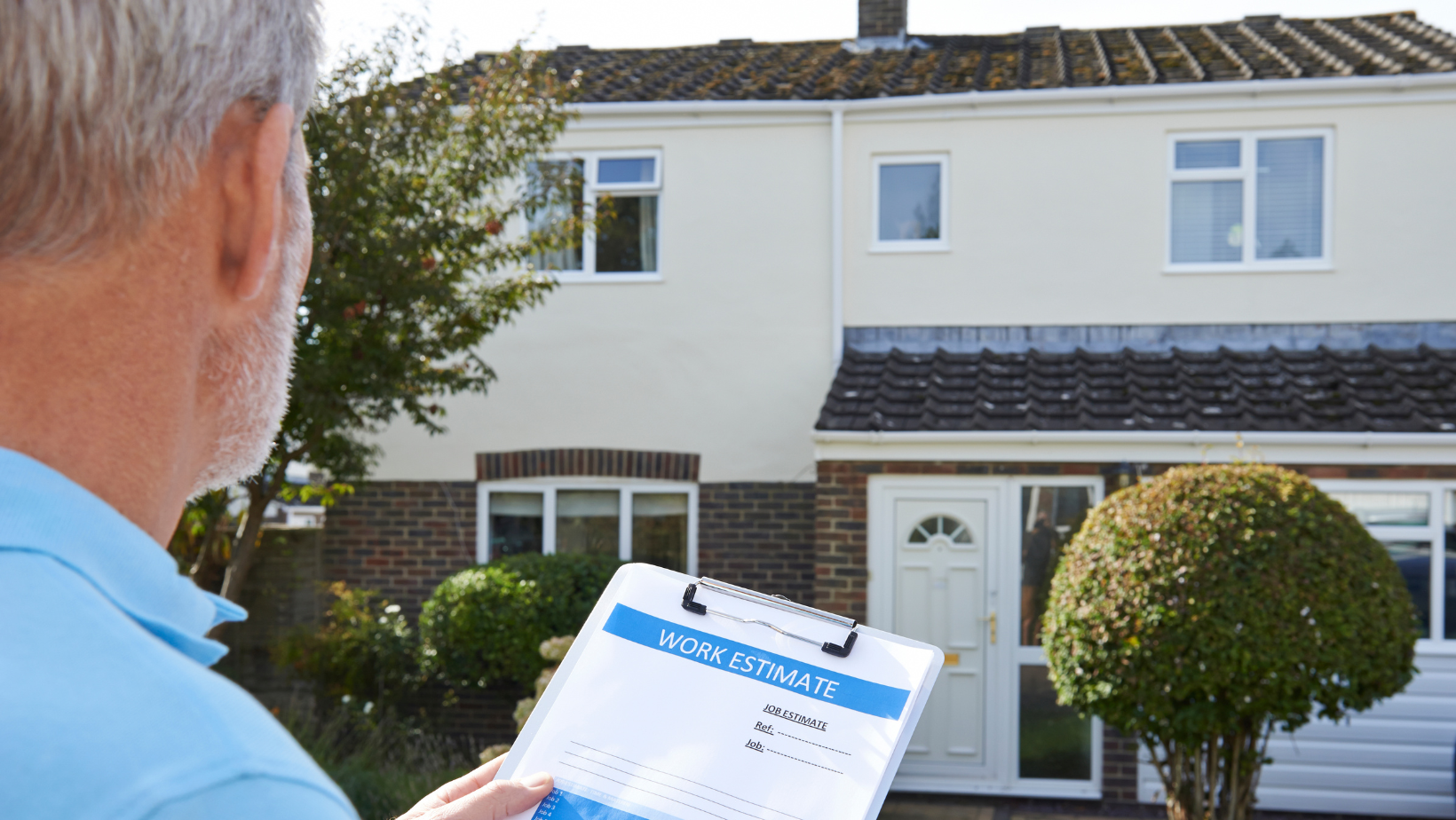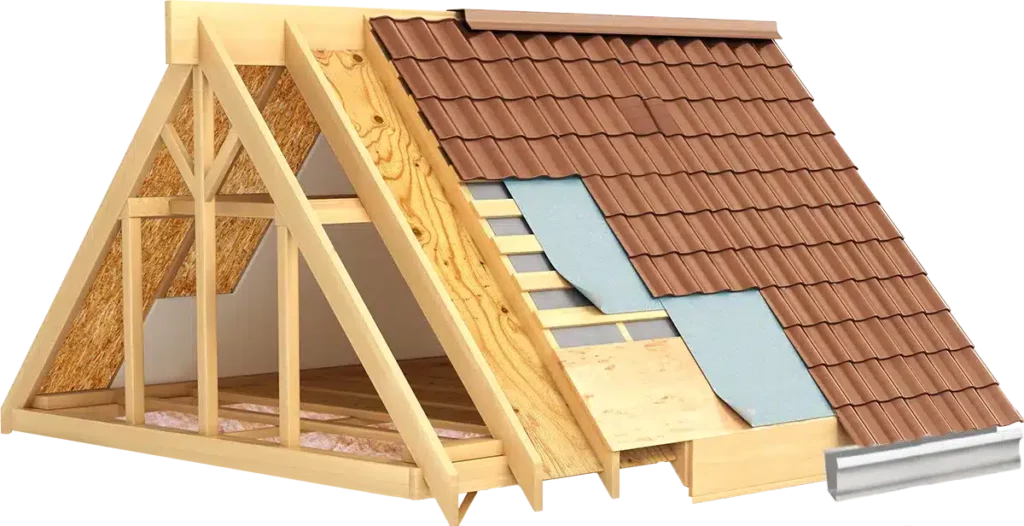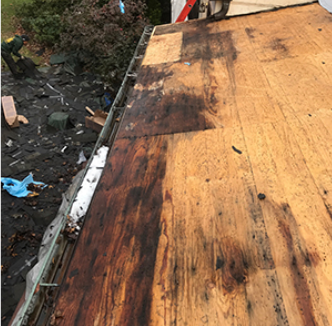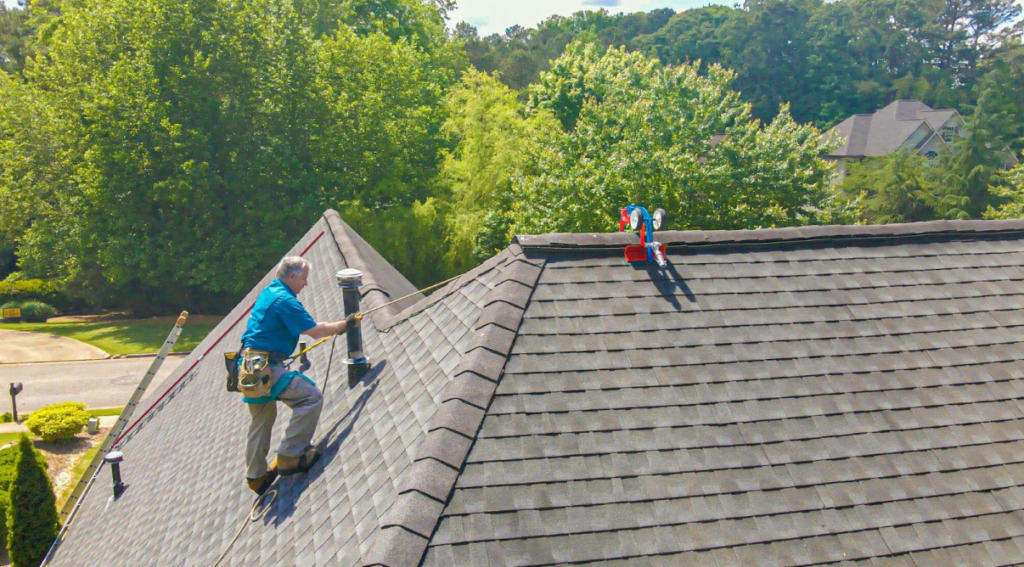
Going through a roofing estimate may be overwhelming, especially if you are not that familiar with how a roofing process should be. By familiarizing yourself with the components of a roofing estimate, you can understand what to expect from the roofing service and avoid any unexpected costs.
The roofing contractor should not only answer your questions and concerns about the process but they should also go through the estimate and provide a detailed explanation. This guide will help provide you a roofing estimate checklist you should look out for so you can make informed decisions and achieve a smooth, stress-free roofing experience.
1. Contractor’s License and Insurance
The most basic information you should look out for is the roofing contractor’s license and certification. Having this means they have conformed with the local and state requirements. Insurance, on the other hand, protects you from responsibility in the event of mishaps, injuries, or property damage while working on the project.
For a stress-free and safe roofing project, always make sure the contractor provides proof of insurance and license. This way, you can also hold them legally accountable if they fail to install the roof according to job specifications or local/state building codes.
2. Scope, Project Timeline, & Labor Costs
A clear project scope and timeline is another key component in a roofing estimate, as it sets expectations for you to plan accordingly. A well-defined timeline not only keeps the project on track but also ensures transparency on labor expenses. Overall, this helps you envision the work that will be performed- from clearing away old materials, putting in needed underlayment, shingles, and/or accessories, and making sure the area is clean when everything is finished.

3. Roofing Material Cost
Roofing material costs should detail key components and must be highly specific. It should explain the importance and relevance of each material in your roofing project.
A good roofing estimate should enumerate how many pieces of each material will be included. It should detail the type or brands of shingle with durability and warranty information, thickness of underlayment to be used, accessories (flashings, ridge caps, and other essentials), ventilation types, waterproofing materials, and nails and fasteners.

4. Warranties & Estimate Provisions
A roofing estimate should specify how any additional expenses or procedures will be handled in the event that problems occur throughout the job, as well as include explicit warranty terms. Potential modifications, such as finding of concealed damage or materials that weren't apparent prior to the roof disassembly, should be covered in the estimate for transparency. Topics such as insurance coverage, lien releases, provisions for unexpected costs, and subcontractor details should all be addressed. This guarantees that you are aware of how any unforeseen problems will be resolved and what extra expenses might be incurred.

5. Compliance and Permits
It is the contractor’s responsibility to comply with the safety regulations set by the Occupational Safety and Health Administration (OSHA). Some contractors also handle the permitting process for an additional cost. If it’s going to be just roof repair, a permit is not always needed, but it is essential when doing a full roofing project. Always confirm that these aspects are included in your roofing estimate, providing peace of mind that your roofing project is both legal and safe.
Related read: Do You Need a Permit to Replace a Roof in Milwaukee?

6. Payment Terms
Lastly, a roofing estimate should clearly outline the payment terms to avoid misunderstandings. It should provide a detailed payment schedule, breaking down when payments are due, from initial deposit, progress payments, and final payment upon completion. It should also include their accepted mode of payments— if they can only accept cash, or other modes are accepted such as credit card, bank transfers, or checks. Additionally, look out for any highlighted financing options that can help the payment be more manageable. Clear payment terms help establish trust and provide a roadmap for how financial transactions will be handled throughout the project.
No matter how thorough your contractor is, most estimates do not account for every detail of the task. There are still some things that are often missed out and you may want to address the following crucial points:
Understanding what should be included in a roofing estimate is crucial for making an informed decision for a hassle-free roofing project. A thorough roofing estimate gives you the transparency you need when choosing your contractor, covering everything from labor breakdowns and material costs to insurance, permits, and terms of payment.
Don’t hesitate to ask questions about the scope of work, warranties, or unexpected costs, as these conversations can help clarify what your expectations should be and prevent you from wasting money for any unaccounted costs. By carefully reviewing the estimate and addressing key concerns upfront, you can then move forward with your roofing project with assurance, knowing that you've chosen the best possible option for your property and budget.
Check out our blog, “10 Questions to Ask Your Roofing Contractor”, where we dive deeper into essential inquiries that can help you select the best contractor for your roofing project.
For more tips and insights on roofing solutions, visit our blog at Modern Exterior.